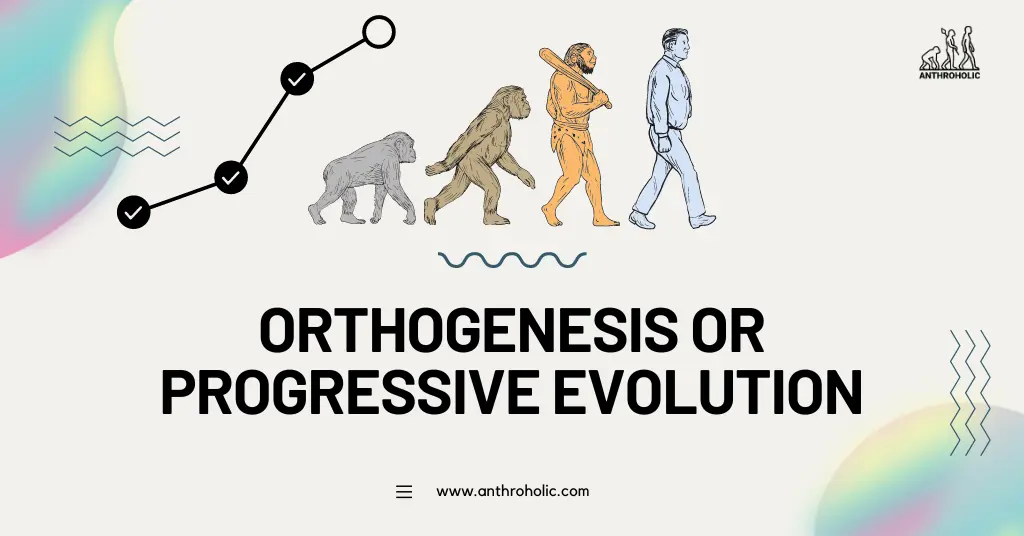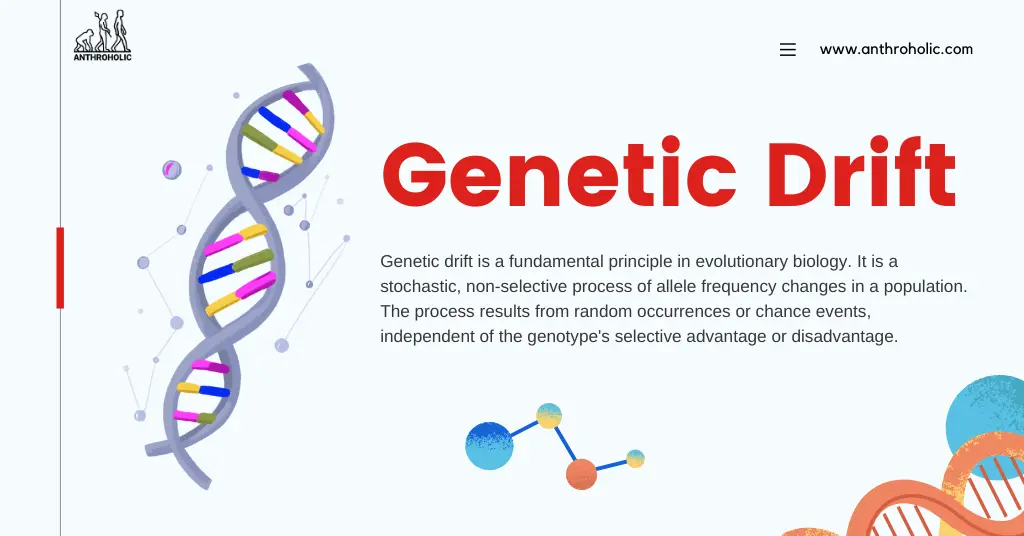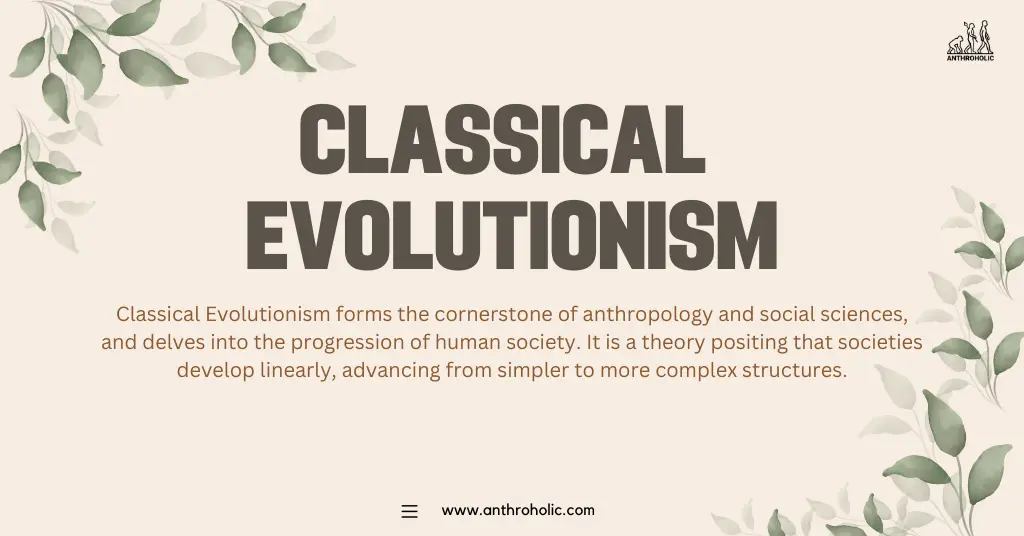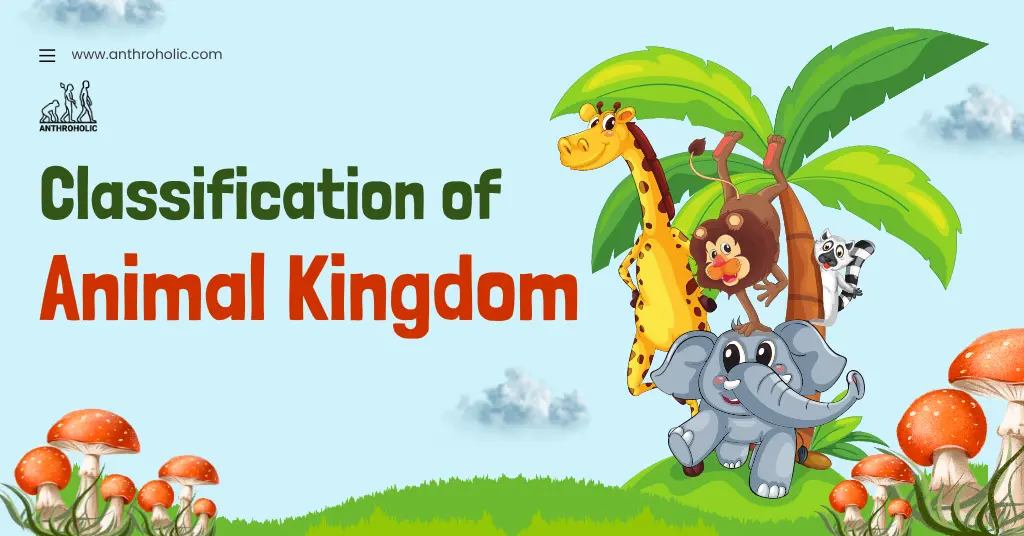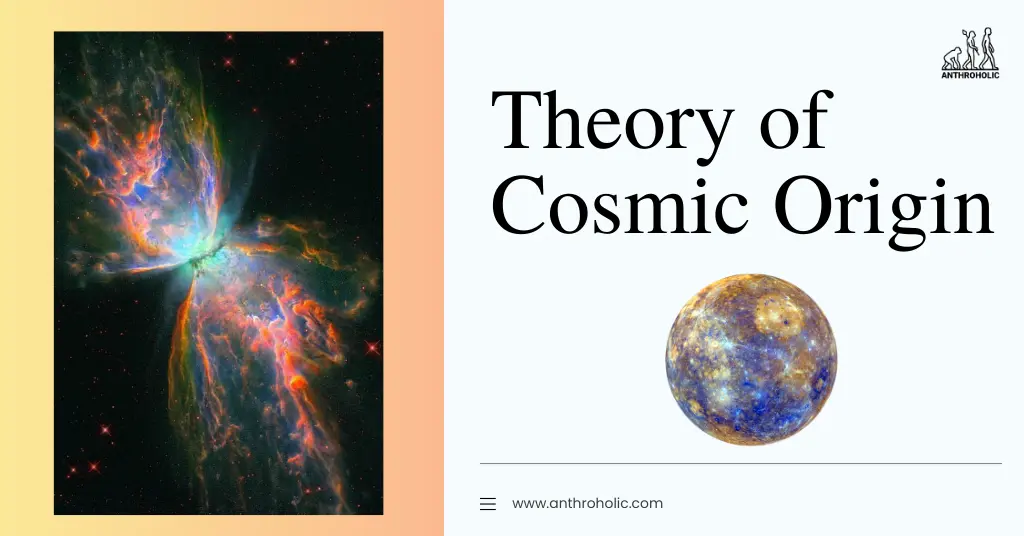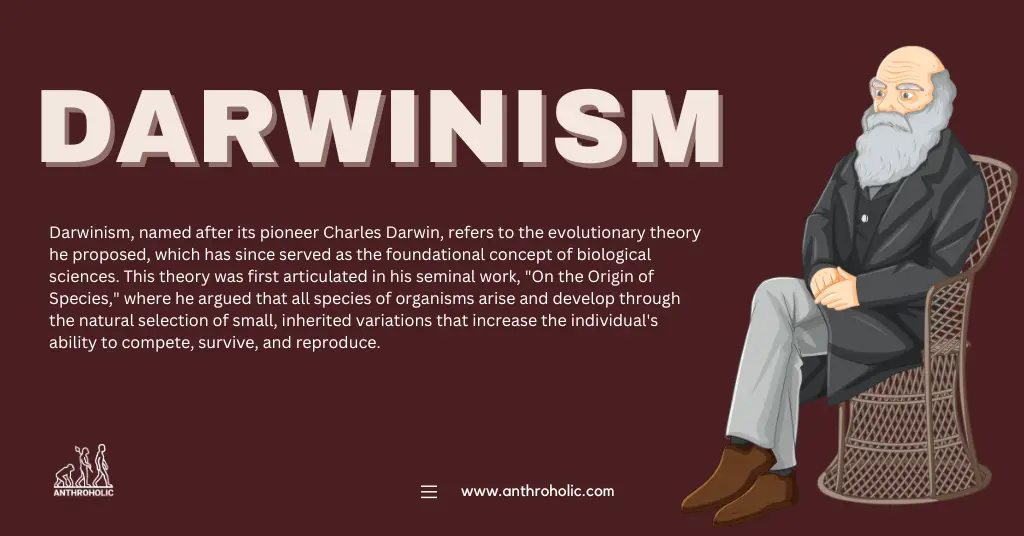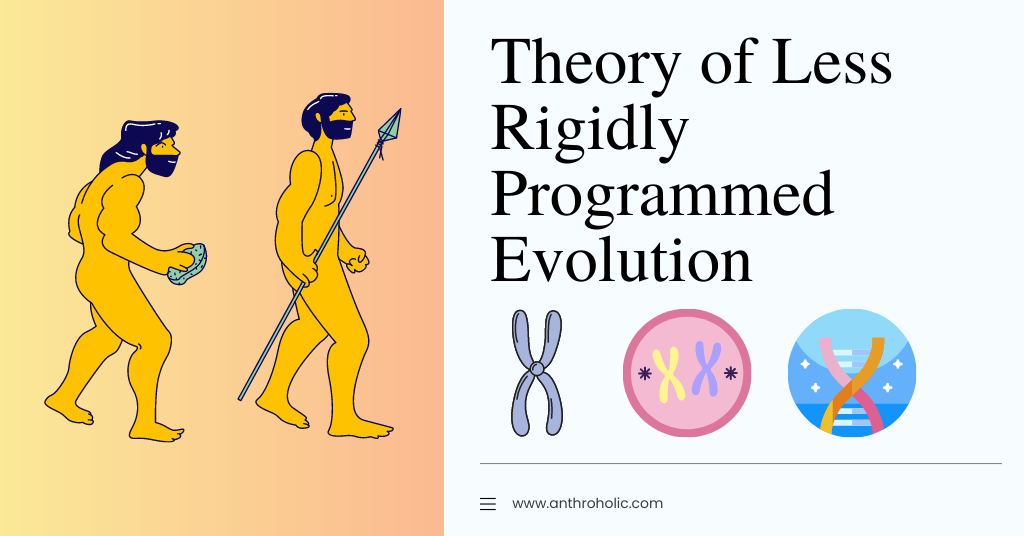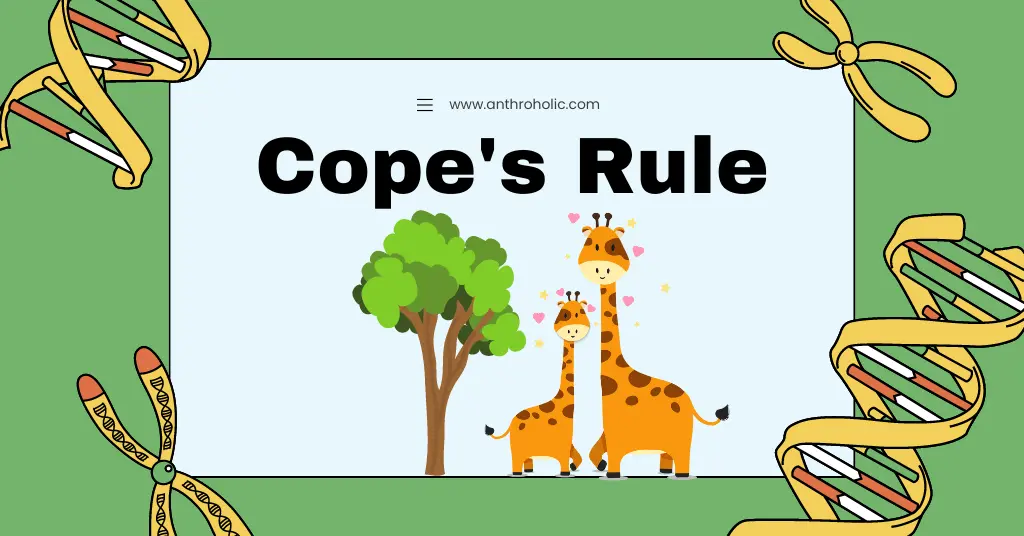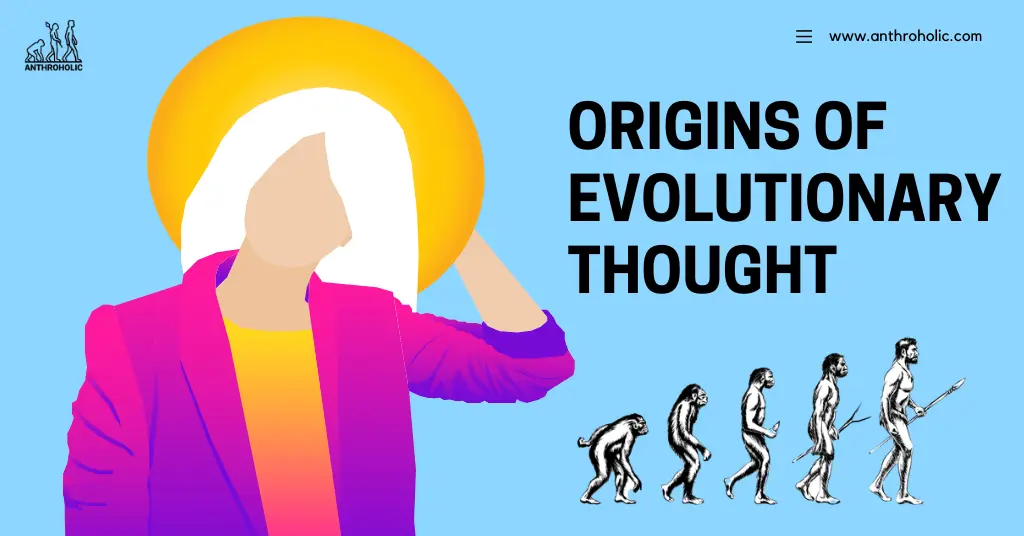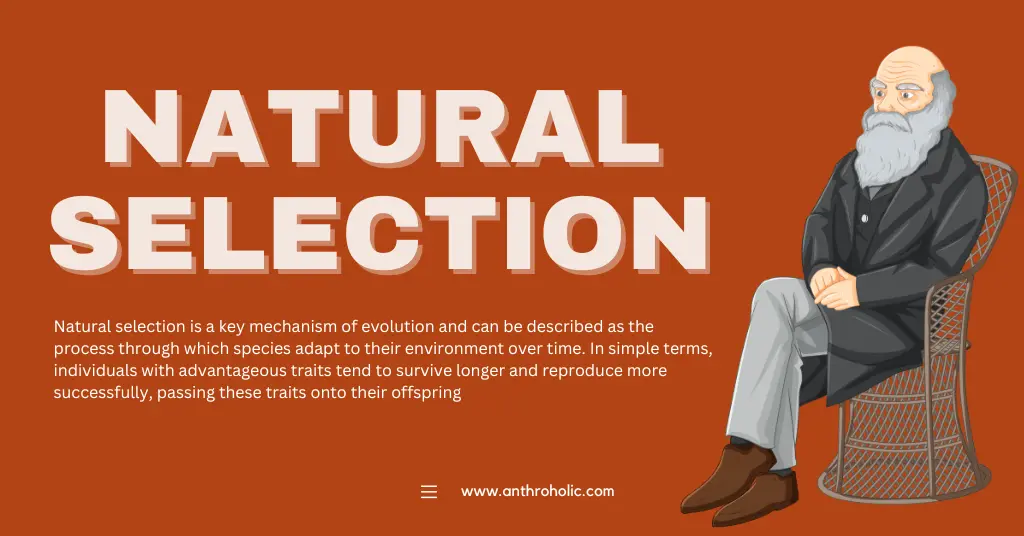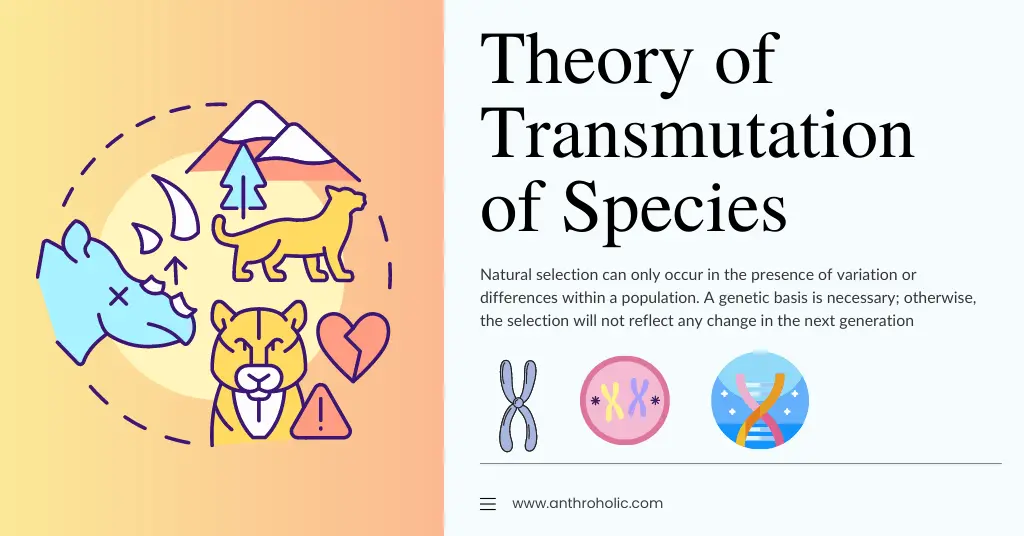AI Answer Evaluation Platform Live Now. Try Free Answer Evaluation Now
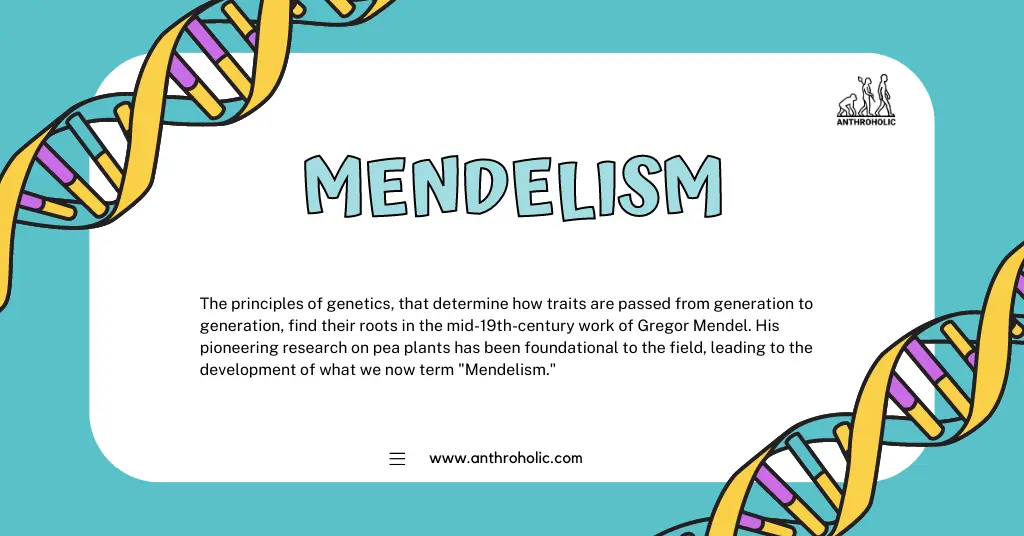
Mendelism
Mendelism is the principles of genetics, that determine how traits are passed from generation to generation, find their roots in the mid-19th-century work of Gregor Mendel. His pioneering research on pea plants has been foundational to the field, leading to the development of what we now term "Mendelism."
